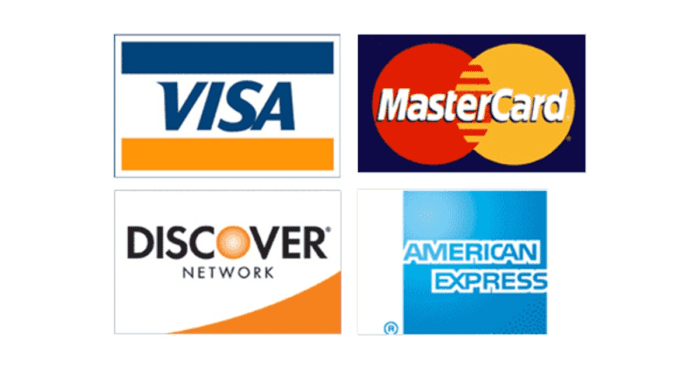Before we get to today’s article, there are a couple of things to call to your attention where time is of the essence.
Days of Exposure webinar
I will be leading a series of four webinars for MuniBilling and the first one is today at 11:00 am.
If you haven’t done so recently, this webinar will provide the opportunity to calculate your utility’s Days of Exposure. After that, I will be discussing strategies and answering questions about how to reduce your Days of Exposure.
To register for the webinar, please click here.
Final week for the 2022 Utility Staffing Survey
This is the final week for the 2022 Utility Staffing Survey, as it will close at the end of the day on Friday, November 18.
If you haven’t yet completed the 2022 Utility Staffing Survey, I encourage you to take a few minutes and do so before it’s too late. To complete the survey, please click here.
The results will be published in the next blog posts.
Convenience fees – yea or nay?
Last week, in one of the listservs I follow, the question was posed if other utilities charge a convenience fee for credit card payments. I find this question asked frequently when I speak at utility conferences.
Two points of view
There are basically two points of view when it comes to charging a convenience fee:
- The fees associated with accepting credit cards is a cost of doing business and shouldn’t be passed on to the customer
- Customers who pay by credit card cause the utility to incur a fee, therefore the fee should be passed on to the customer
Let’s examine each of these in more detail…
It’s a cost of doing business
This is 2022 and your customers expect you to accept credit cards. Virtually every business accepts credit cards and some don’t accept cash. I’m a huge Carolina Hurricanes fan and every part of attending a hockey game requires a credit card – purchasing tickets online, paying the $30 parking fee (ouch!), and buying concessions once inside the arena. No cash is accepted anywhere in the arena.
Some utilities, like the Carolina Hurricanes, have realized the benefits of accepting credit cards and opt to absorb the fees as a cost of doing business. Some of the benefits these utilities see in encouraging credit card payments are:
- Fewer returned checks
- Increase in online payments, limiting the number of walk-in customers
- Faster entry of payments
- Easier balancing
It’s a convenience
The argument I hear most often for charging a convenience fee goes something like this – “It’s not fair for all of our customers to have to pay for those customers who want to pay by credit card.”
The fallacy of this line of reasoning is that other payment methods aren’t free. Just because you don’t see a line item on your bank statement where credit card fees were deducted from your account doesn’t mean you don’t incur a cost for accepting cash and check payments.
Consider the time and effort (think payroll and benefits) involved in the steps for each type of payment:
Check processing steps
- Go to the Post Office to get mail
- Open mail, match checks with stubs, look up any checks without an account number
- Enter payments
- Add up checks for balancing total
- Make bank deposit
- Take deposit to the bank (or transmit Check 21 deposit)
- Update payments
Cash processing steps
- Take payment from customer
- Make small talk with customer
- Enter payment
- Give change back to customer
- Count cash drawer and balance
- Make bank deposit
- Take deposit to the bank
- Update payments
Credit card processing steps
- Import file of payments (with an integrated online payment platform, this step is eliminated)
- Reconcile with total from credit card processor
- Update payments
Clearly, processing credit card payments is much less labor-intensive. Would you ever think of charging an “inconvenience fee” for paying by check or cash? Probably not, so is it fair to charge a convenience fee for credit card payments…?
Should you rethink your convenience fee?
Are you questioning if you should continue charging a convenience fee? If you are, or if you have other concerns about how efficiently your office is operating, please give call me at 919-673-4050 or email me at gary@utilityinformationpipeline.com to learn how a business review could help you find out.

© 2022 Gary Sanders
